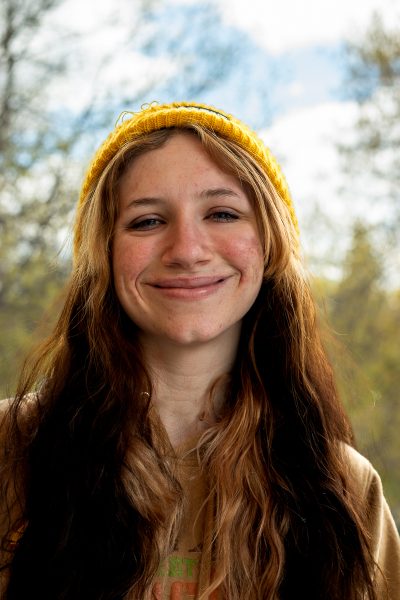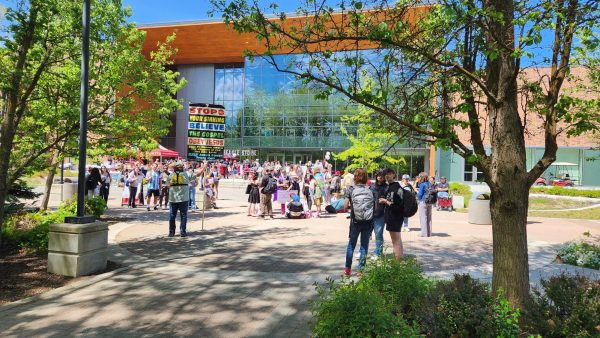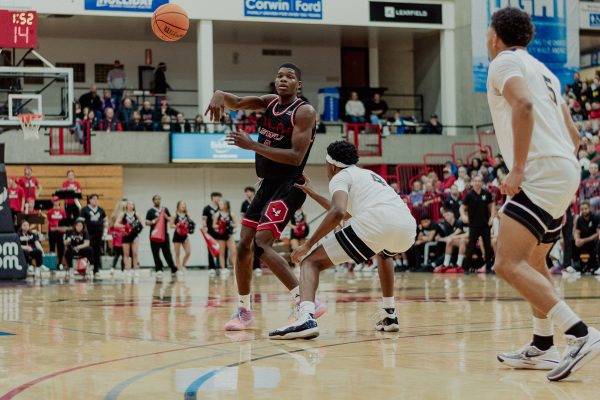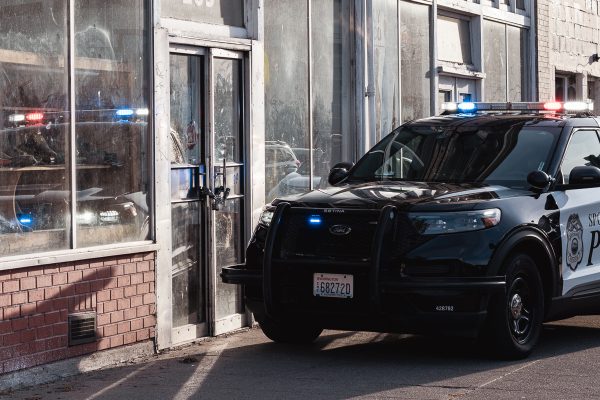Vice president, legislative council contend superior court’s decision
Frank Navarro listens as the council reinstates him as vice president
April 30, 2014
Senior Francisco Navarro won his appeal of the ASEWU Superior Court’s decision to remove him from his position as executive vice president.
In an April 9 hearing, the ASEWU Superior Court decided to remove Navarro from office citing instances of non-performance of job duties. The ASEWU legislative council overturned the superior court’s decision with a unanimous vote on April 29.
The instances of non-performance of job duties cited by the superior court included not submitting a written report to ASEWU council members and the superior court chief justice 24 hours prior to the ASEWU council meetings, failing to provide written reviews of each ASEWU representative performance three days prior to winter quarter reviews and failing to fulfill his duties as Student Union Board of Control chair, according to the Lizbeth Ramirez vs. Francisco (Frank) Navarro court document.
They also found him guilty of not fulfilling his sanction of retraining by the ASEWU Adviser and superior court chief justice prior to the 2014 winter quarter reviews.
Navarro believes the decision to remove him from office, the harshest possible action the superior court can take, was an abuse of power.
“It went from one hearing to complete removal of office, without any opportunity for me to receive feedback or say ‘Frank, you need to improve in this or that area,’” Navarro said.
Legislative council member Brendan Hargrave spoke directly to Navarro during the April 29 session, and told him that the superior court had “no choice” but to remove his office has Vice President.
In his appeal, Navarro referred to bylaw 704, which defines the disciplinary power of the superior court and gives them the power to take action against any ASEWU council member. Since Navarro is a part of the executive branch and not the council, he believed the court did not have the authority to remove him from office.
Additionally, he referred to four possible disciplinary actions the court could have taken against him instead of his immediate removal of office, which include verbal and written warnings, student-centered philanthropy projects or retraining by an ASEWU adviser.
Hargrave said that these sanctions were given to Navarro, which is why the superior court had to remove his position.
Hargrave went on to say that Navarro represents the university better than anyone on the court, and suggested that ASEWU review the bylaws to include more sanctions before removal from office is allowed.
Jackie Vaughn, assistant for leadership education in Student Activities Involvement and Leadership, said instead of removing Navarro from office, other measures could have been taken to improve Navarro’s performance.
“What I’ve heard from other council members is that they’ve broken bylaws similar to [those Navarro was found guilty of],” she said. “I think that part is what is completely unfair.”
Navarro said his failure to turn in written reports 24 hours before council meetings was due to a large amount of academic work. He provided evidence that, although the reports were not turned in a full day before the meetings, they were still turned in before the meetings began.
The court did recognize that the reports were turned in, but since they were behind the 24-hour deadline, they found him guilty of non-performance.
Navarro also argued that he did chair one SUBOC meeting out of the three required and says in his appeal that “most of the SUBOC work has been fully dedicated to the PUB remodel since fall quarter.”
“I spent over 100 hours working on the PUB remodel,” Navarro said. “To be accused of not working, or lack of work, is just very disappointing.”
The ASEWU Superior Court had no comment on the ruling of Navarro’s removal from office, other than saying it was related to non-performance of job duties.
E.B. Vodde, ASEWU Legislative Liaison, alleged eight days prior to the April 29 meeting that the superior court acted out of accordance with the ASEWU constitution.
According to James Reisenauer, who chaired the meeting, the legislative council consulted with the vice president of student affairs, Stacey Foster. She said that although there were some issues of misprocedure, it was not enough to overturn the superior court’s decision to remove Navarro from office without a vote from the council.
Navarro said this entire process has taken a toll on his emotional and academic well-being.
“I’ve been a student here at Eastern for four years, and all of my work, my positive work with clubs and with organizations, my academic work with faculty, everything, is being put out for a question now. You know, whether my integrity is valid or not. It’s character defamation,” Navarro said.
But Navarro was all smiles following the council’s decision to reinstate him.
“I’m glad everything was resolved fairly and he was reinstated,” Reisenauer said.



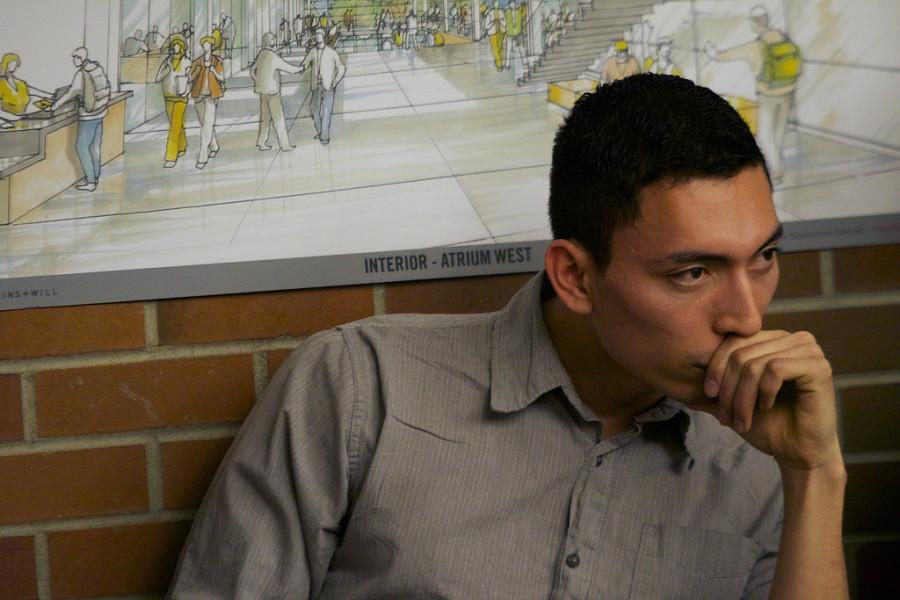
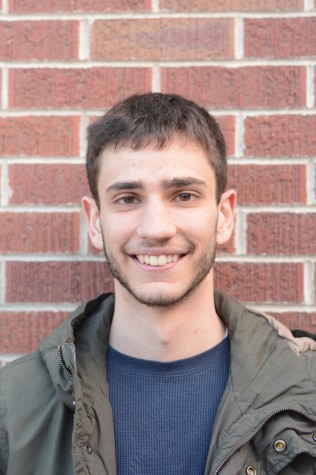


![Simmons said the biggest reasons for her success this year were “God, hard work, and trusting [her] coach and what she has planned.”](https://theeasterner.org/wp-content/uploads/2024/05/image1-1-1200x800.jpg)

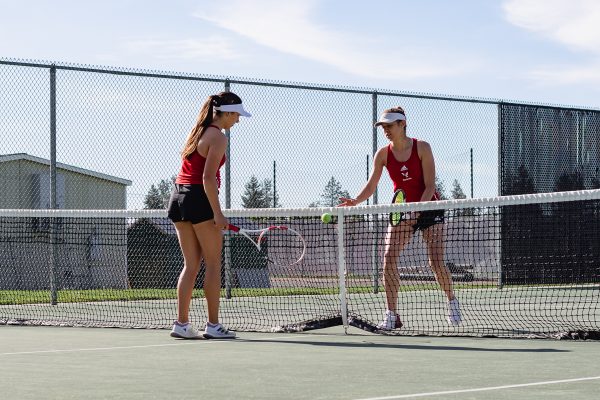
![Simmons said the biggest reasons for her success this year were “God, hard work, and trusting [her] coach and what she has planned.”](https://theeasterner.org/wp-content/uploads/2024/05/image1-1-600x400.jpg)

